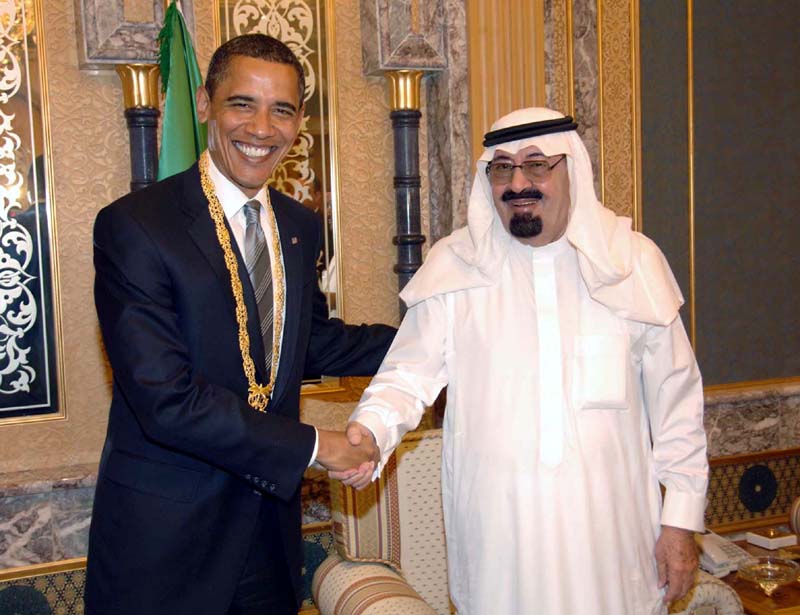Senator Lindsey Graham, reigning ultra-nationalist of the Republican Party, is really offended by secretary of defense nominee Chuck Hagel’s supposedly shocking positions on Israel. So, he has sent a letter asking Hagel to clarify his views.
 As The Weekly Standard explains, a law student named Kenneth Wagner attended a 2010 speech that Hagel gave at Rutgers University. Wagner apparently has friends at the Washington Free Beacon and emailed them his thoughts on Hagel’s speech.
As The Weekly Standard explains, a law student named Kenneth Wagner attended a 2010 speech that Hagel gave at Rutgers University. Wagner apparently has friends at the Washington Free Beacon and emailed them his thoughts on Hagel’s speech.
“I am sitting in a lecture by Chuck Hagel at Rutgers,” Wagner wrote in the email. “He basically said that Israel has violated every UN resolution since 1967, that Israel has violated its agreements with the quartet, that it was risking becoming an apartheid state if it didn’t allow the Palestinians to form a state. He said that the settlements were getting close to the point where a contiguous Palestinian state would be impossible.”
“He said that he [thought] that Netanyahu was a radical and that even [former Israeli foreign minister Tzipi] Livni, who was hard nosed thought he was too radical and so wouldn’t join in a coalition [government] with him. … He said that Hamas has to be brought in to any peace negotiation,” Wagner wrote.
So Graham apparently reads the Free Beacon (big surprise there) and has now written a formal letter to Hagel, asking: “Senator Hagel, did you say this? Have you said anything similar? Does this contemporaneous email accurately reflect your views?”
Because if your answer to any of those questions is yes, you should be immediately disqualified as a candidate for Secretary of Defense for harboring such extreme views! At least, I’m guessing that’s what Graham wanted to say.
Leaving aside the fact that all of Hagel’s comments, relayed by Wagner, are basically true, it might be relevant to ask who else harbors those views.
The Times of Israel reports today that Alon Liel, a former Israeli Foreign Ministry director-general and ex-ambassador to South Africa, believes Israel currently qualifies as an apartheid state.
“In the situation that exists today, until a Palestinian state is created, we are actually one state. This joint state — in the hope that the status quo is temporary — is an apartheid state,” Liel said recently in Jerusalem.
“As someone who knows the original apartheid well, and also knows the State of Israel quite well – I was born here, grew up here, served and fought for it for 30 years — someone like me knows that Zionism isn’t apartheid and the State of Israel that I grew up in wasn’t an apartheid state,” Liel emphasized.
“I’m here today because I came to the conclusion that the occupation of the West Bank as it exists today is a sort of Israeli apartheid,” said Liel. “The occupation became a hump on the back of Zionism; it has now become the hump of the State of Israel.”
There is a real danger of Israel’s occupation of the West Bank becoming an integral part of the state, he said. “When that happens, when the West Bank and [Israel in the pre-1967 lines] become one, and the Palestinian residents of the West Bank will not have citizenship — we’re apartheid,” he said.
So does Graham not include Liel in his constant glorification of the state of Israel? Should Graham, or his equivalent in Israel (Danny Danon, maybe?) be writing letters to Liel grilling him on these views and edging him out of any further government service?
More likely, Graham is unaware that the scope of debate in Israel about these issues is much wider than it is here in the US. Graham thus continues to badger Hagel for holding views based on facts, and continues to claim that he is wildly out of the mainstream, which he is not.
Update: I should have mentioned that the “apartheid” label has been applied to Israel by many, many others, including dozens of other high-level Israeli officials, British government officials, former UN Special Rapporteur John Dugard, President of the United Nations General Assembly Miguel d’Escoto Brockmann, former US President Jimmy Carter, and the leaders of countries like Jordan, who Graham consistently votes to provide with billions in US aid.





 But none of this means the government doesn’t maintain their own, classified casualty estimates.
But none of this means the government doesn’t maintain their own, classified casualty estimates.

